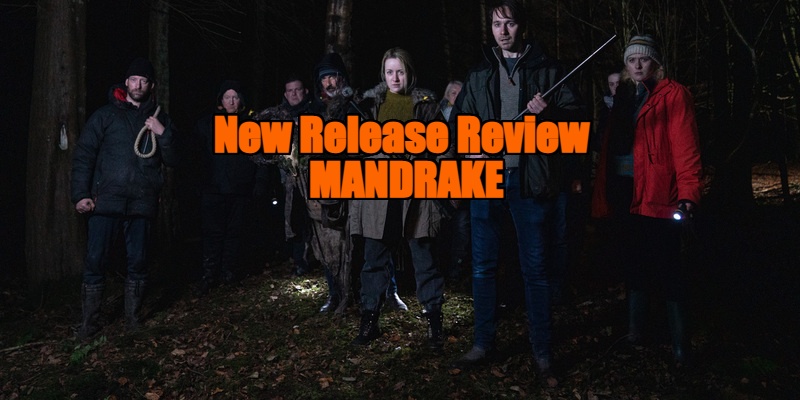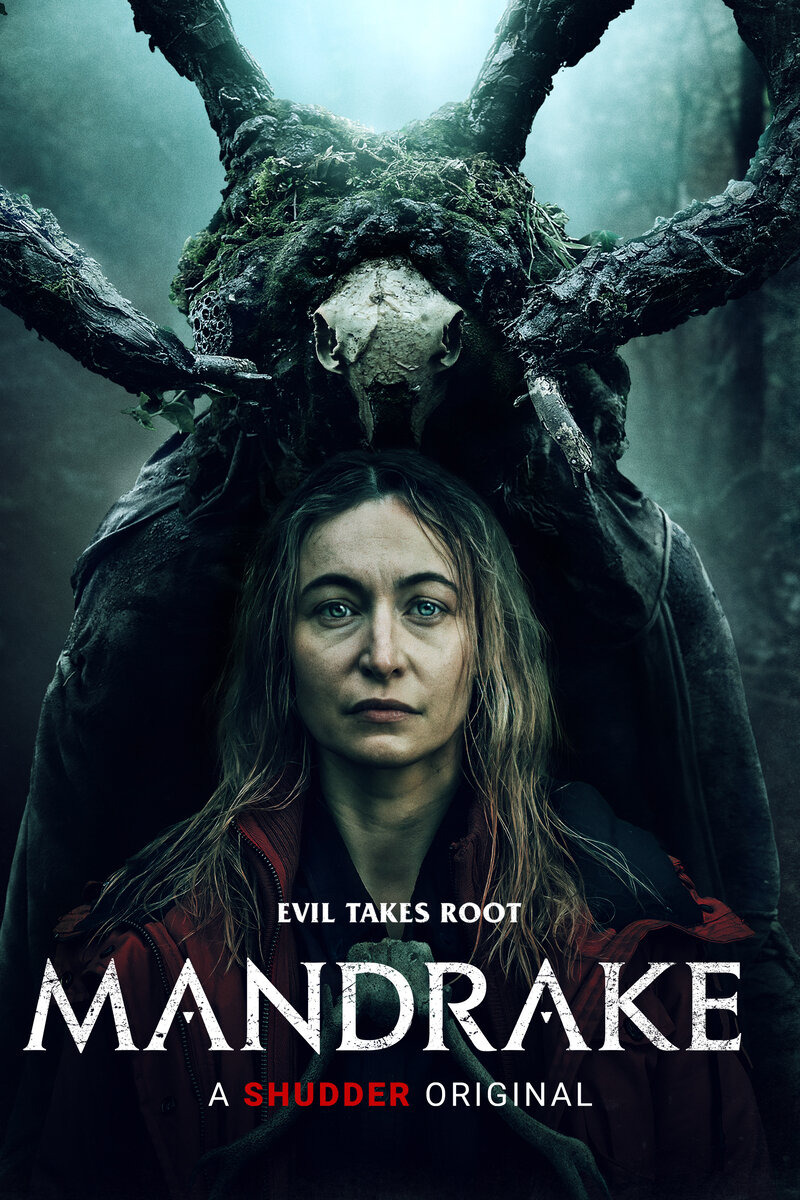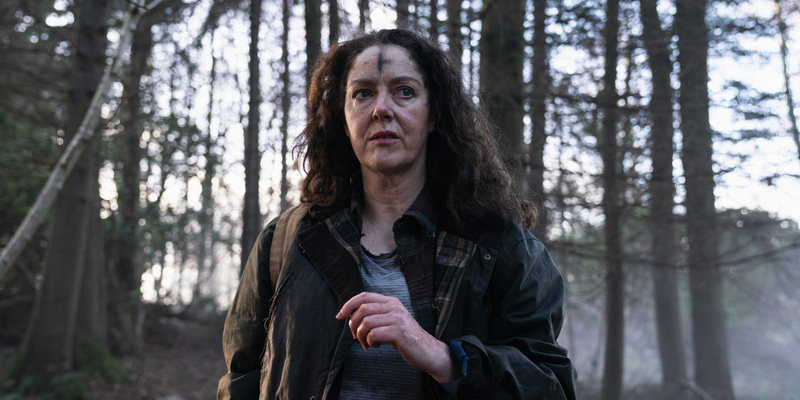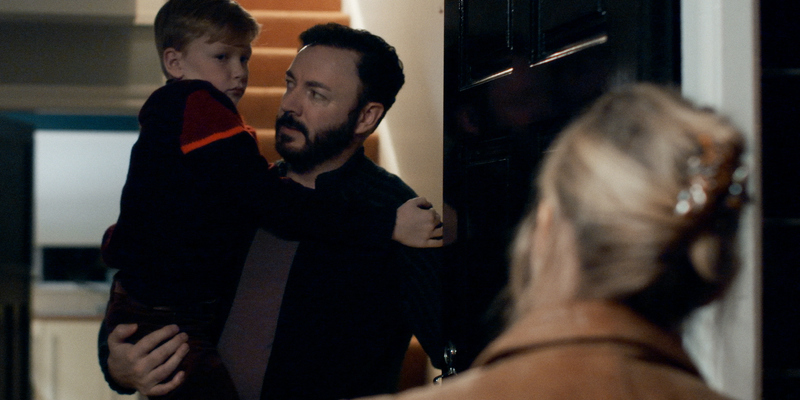
Review by
Eric Hillis
Directed by: Lynne Davison
Starring: Deirdre Mullins, Derbhle Crotty, Jude Hill, Paul Kennedy

Lynne Davison's directorial debut Mandrake takes its
title from the spooky plant root that often resembles a miniature human, a
sort of Satanic cousin of all those slices of toast that bear the image of
Jesus. The mandrake root has long been associated with folk rituals, largely
down to its hallucinogenic qualities, and it even figured in the Harry
Potter stories. Davison's grimy film couldn't be further from the tone of JK Rowling's
blockbuster creation. A social thriller that quickly morphs into
folk-horror, it's engaging and compelling as the former but once it
introduces the latter element it all starts to become a little too
familiar.

The film doesn't make anything political of its Northern Ireland setting,
but it's telling that this is a country whose citizens went through a truth
and reconciliation process at the end of a violent conflict. Those
responsible for heinous crimes in the name of a political cause were
released from prison and accepted back into their community. It's ironic
then that the antagonist of Mandrake, Mary Laidlaw (Derbhle Crotty), is given no such second chance when
she's released from a 30-year prison sentence. Mary's crime wasn't to set
off a bomb in a crowded street but to kill her abusive husband in an act of
self-defence when he attempted to set her on fire. As killers go, she seems
relatively sympathetic, but the unimaginative locals of her rural community
have given her the nickname "Bloody Mary," and they whisper rumours that
she's involved in witchcraft.

The one sympathetic figure is probation officer Cathy (Deirdre Mullins), who takes on the duties of monitoring Mary upon her return to the
desolate farmhouse she vacated three decades earlier. Mary proves a sinister
figure, and seems to spookily know details of Cathy's private life she
shouldn't have access to. There's something of a Lector/Clarisse
relationship between the pair, as Cathy tries not to let Mary get to her.
But get to her she does. Both women have one thing in common - they both had
their sons taken away from them. Mary's boy child was placed in an
institution while Cathy's son Luke (Belfast
star Jude Hill) now lives with his father (Paul Kennedy), who
is the town's police sergeant, and his current wife (Roisin Gallagher). As Mary speaks of her loss, it sparks something nasty lurking deep
within Cathy.
Cathy finds herself struggling to defend Mary when two young siblings
disappear the very day she's released from prison. Immediately the whole
town turns on Mary, and for a while the movie is a gritty thriller examining
the issue of mob mentality and how people are always burdened with the
stigma of past actions. But then it takes a sharp turn into the realm of
folk-horror. Supernatural elements that were merely hinted at previously are
brought to the fore. The mystery of what happened to the missing children is
dismissed as the film presents us with its outright villain, and the
atmospheric ambiguity of the film's opening acts dissipates in a second half
that plays like it's rushing to a conclusion.

Madden and Laidlaw are always watchable as they perform their unsettling
dance around one another, and Mandrake works best when it's
examining the dark lengths mothers can go to when it comes to protecting
their own children. The film's best scenes play out in Mary's kitchen, an
everyday setting as far from a cobweb decorated haunted house as you could
get, as she taunts a woman who wants to believe that all people have the
potential for goodness with the idea that maybe some are simply made to
commit evil. When it later expands into the surrounding forest and loses
sight of this simple dynamic, Mandrake gets a little lost
in the woods.


